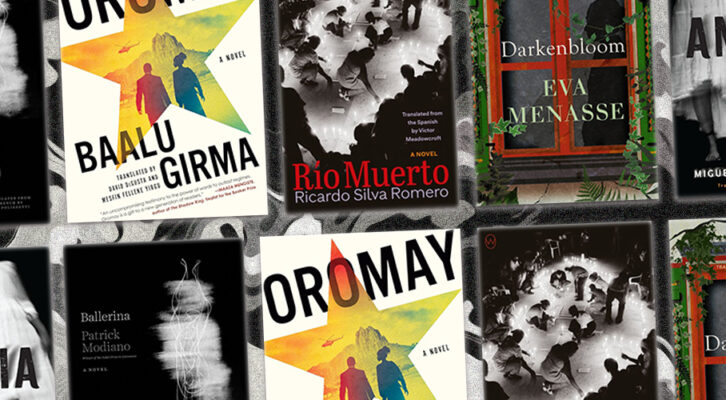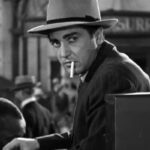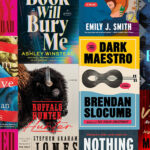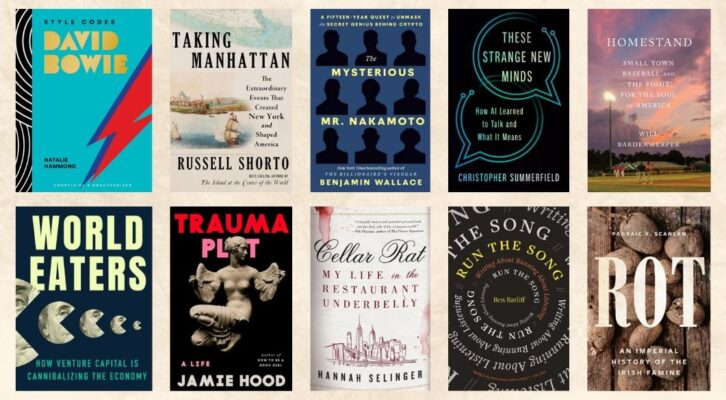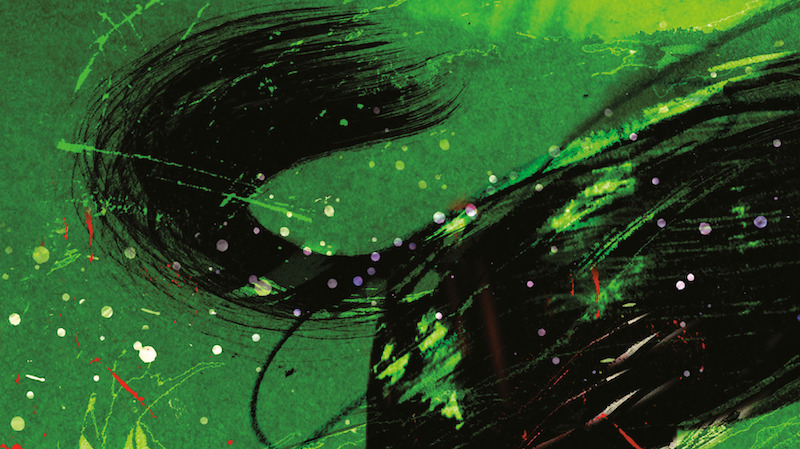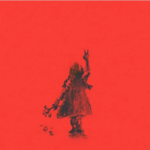Linc: So, Doug, what’s going on here?
Doug: I think we’re supposed to have a conversation about how we met and what it’s like writing bestselling novels as a team.
Linc: OK. We can do that.
Doug: Do you think we ought to tell the truth? Or make up something more interesting?
Linc: I think we’d better tell the truth. Especially since we already know what things to leave out. Why don’t you start with your recollection of the first glimmerings of RELIC, the novel?
Doug: I worked at the American Museum of Natural History, writing a column each month for the museum’s magazine on weird little stories about the history of the museum. You were an editor at St. Martin’s Press, you read the column, you liked it, and you proposed I write a nonfiction book about the museum. Which became Dinosaurs in the Attic.
Linc: And a most marvelous, fascinating, and enjoyable read it was, if I may say so. Everyone reading this should buy that extraordinary book.
Doug: Thank you. It was brilliantly edited, too.
Linc: Naturally.
Doug: So you asked me to give you a midnight tour of the Museum, after it had closed. Which, as an employee I was able to do. We ended up in the Hall of Late Dinosaurs, with all the lights out except for the strip of emergency fluorescent lights in the ceiling, the great black skeletons of the dinosaurs rearing up around us—and you spoke the imperishable lines: “Doug this is the scariest building in the world. We have to write a novel set in this building.” And that became RELIC.
Linc: I vividly remember sitting on my front porch with you, overlooking a lake in Westchester County, and throwing out one idea after another. I also remember us the next day, driving up and down the Hudson Valley, doing the same thing—only this time slightly hung over. I was really anxious to get this novel off the ground, and we had a lot of puzzle pieces on the table but they weren’t quite fitting together.
Doug: We were discovering that it’s hard to write a good thriller. That was an anxious period I’ll bet any first-time novel writer can identify with. The way to learn how to write a novel is to write a novel. There’s no other way, no class you can take, no how-to book you can read, no magic formula. You just have to do it. So we did—and it was great fun and, to our surprise, a huge success.
Linc: We had our share of speed bumps along the way. For example, the birth of Pendergast. That was rather curious.
Doug: Yes. I remember I wrote the first few chapters, and in it were two NYPD detectives: one Irish, the other Italian. And you said, “These are the same character. We should combine them and come up with another detective that is utterly unlike any other.” I was annoyed at the criticism of my two detectives and I said, sarcastically, “Yeah, right, you mean like an albino from New Orleans?” And you said, “Hmmm. Maybe we can work with that.” We started batting around thoughts about this strange character and in fifteen minutes Pendergast was standing there in front of us, fully formed. Of course, he’s not albino, just very very pale. It happened so fast I can’t even remember who suggested his name or where it came from. Can you?
L: No, I can’t. Our partnership was a different dynamic back then, because you were already writing articles for the Natural History Museum—albeit non-fiction—and I was “just” editing other people’s books. I’d loved writing as a kid, but after years of working in the business I’d had enough of it. It worked out, though, because you handled most of that first draft of RELIC while I handled chapter outlining and editing.
D: And that’s still the way it still goes, except now I write the final draft, as well, while you twiddle your thumbs.
L: In your dreams. It’s true that the precise mechanism of how we write together had changed—it’s still a fluid process, really—but I think sometime around RELIQUARY or RIPTIDE I was fully in the trenches with you, writing side by side. You were pretty busy around then with some non-fiction books, which probably accelerated the process.
Since you’ve written both non-fiction books and solo novels, can you describe the difference in the writing process? I mean, in one instance you’re putting the fruits of your research on the page, and in the other, the fruits of your imagination—without my kibitzing and assistance.
D: I still love writing nonfiction. I write occasional pieces for the New Yorker magazine on archaeology, murder, cannibalism, bones, and fraud—lovely subjects. But writing a novel alone is very hard. It’s a lonely business and you lose all perspective and don’t know if what you’re writing is brilliant or total garbage. At least in our partnership, you’ll tell me when something sucks. I may not like to hear it, but it’s always good to get feedback from someone you trust. Is that your experience writing solo novels—that it’s much harder?
L: I’ve found that there are trade-offs. With my solo novels, I can take pride in knowing the work was mine alone (well, mostly), and whether it’s praised or panned is something I alone own. On the other hand, yes, writing fiction is hard and lonely work. I guess I was spoiled, in a sense, because I wrote joint novels with you first, and only later branched out into writing solo novels. I’m incredibly happy that I found a groove with my series character Jeremy Logan, but as we’ve both said many times, our work together is more than the sum of the parts.
D: Hear, hear. The important thing is trust. If you don’t trust your writing partner’s taste and judgment, you’re going to fail. When you cross out some imperishably brilliant little phrase I’ve written, I may not like it, but I have to accept your judgment—and vice versa. As Faulkner said, a writer must “kill all his little darlings.” You kill mine, and I kill yours. That’s how it works.
L: Even though I said earlier that our writing process is still developing, I do think it feels pretty mature at this stage. What do you think? Do you see our current modus operandi as the way we’ll keep working together in the future?
D: I do. I think we’ve fallen into an excellent work rhythm. The great thing is, we’ve—almost without realizing it—created a vast universe over the course of the Pendergast books. I’m really proud of the Pendergast multiverse we’ve conjured over a score of novels—all of which, I might add, have been New York Times bestsellers. Which is another thing I’m proud of—how many good readers we have out there with excellent literary taste who understand and love what we do.
L: Agreed—a vast universe that feels more like a chest full of treasure, ripe for plundering, than an empty larder. How’s that for an epic mix of metaphors?
D: That’s one of those little darlings of yours that I would have to kill—that’s all I can say about it.
***




